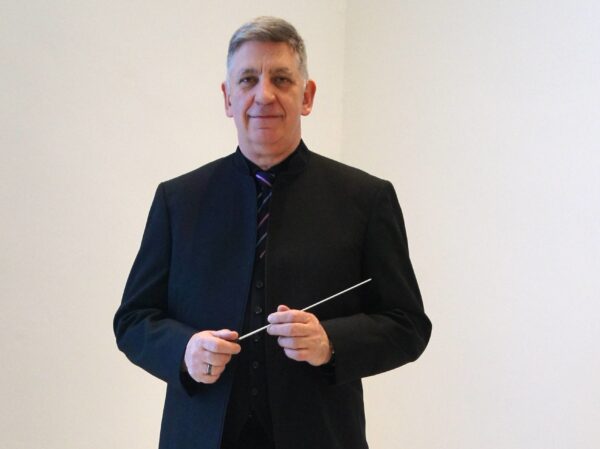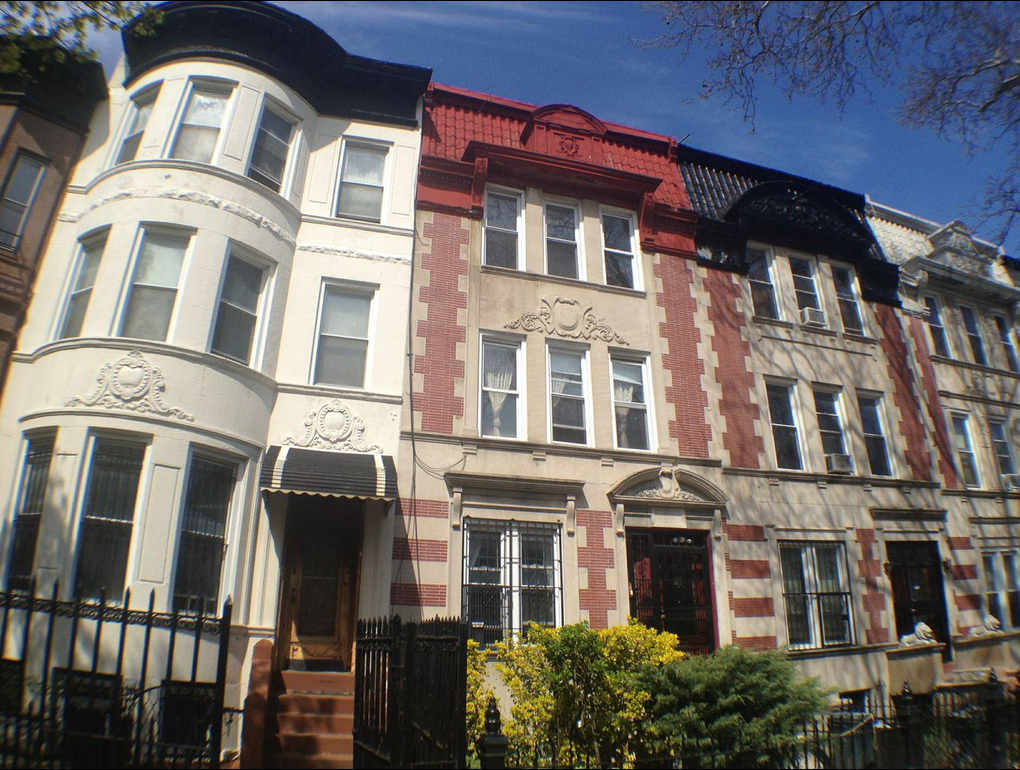On the record: Interview with Maestro Nick Armstrong

BROOKLYN EAGLE: How do you feel right now? This is your last concert as artistic director, what’s this feel like for you?
NICK ARMSTRONG: The obvious answer is bittersweet. This is my family, and I’ve been with them for 32 years. I played with them first. Yeah, so a lot of people weren’t even born yet (laughs) when I started doing this. But they’re amazing, they are a wonderful wonderful group. They’re very dedicated musicians. We rehearse on Monday evenings, and you can’t imagine what it’s like to come out of the first day of work in a week and have to go to rehearsals. Everyone is really committed, and making music is a real privilege for all of us, for me definitely. But, after 30 years, I think it’s good for them and good for me for new blood to come in. They’ll spend next year looking for a new music director, but I won’t be too far away, I’ll be around.
EAGLE: So what are your next steps, what’s on the horizon for you?
